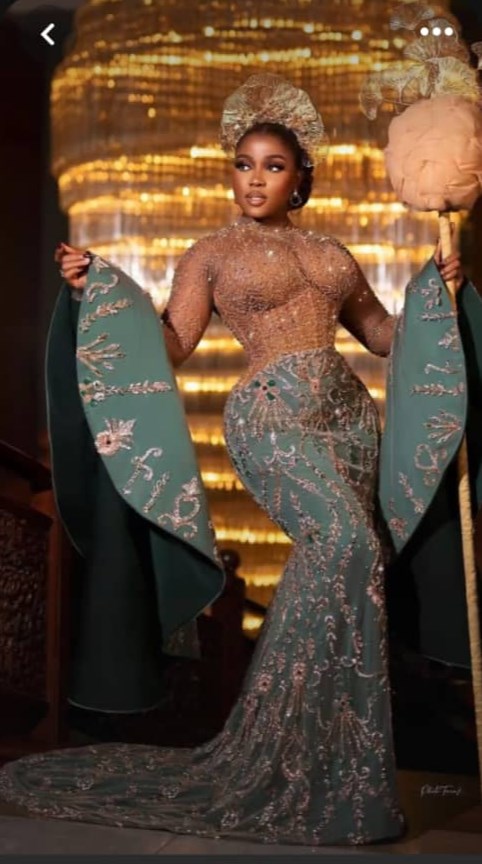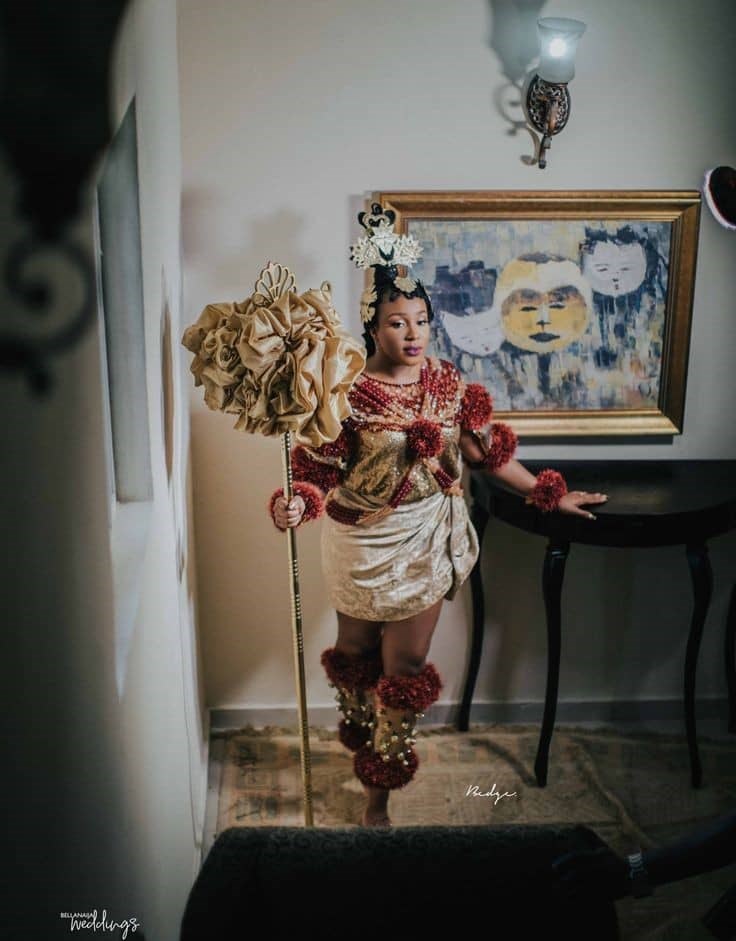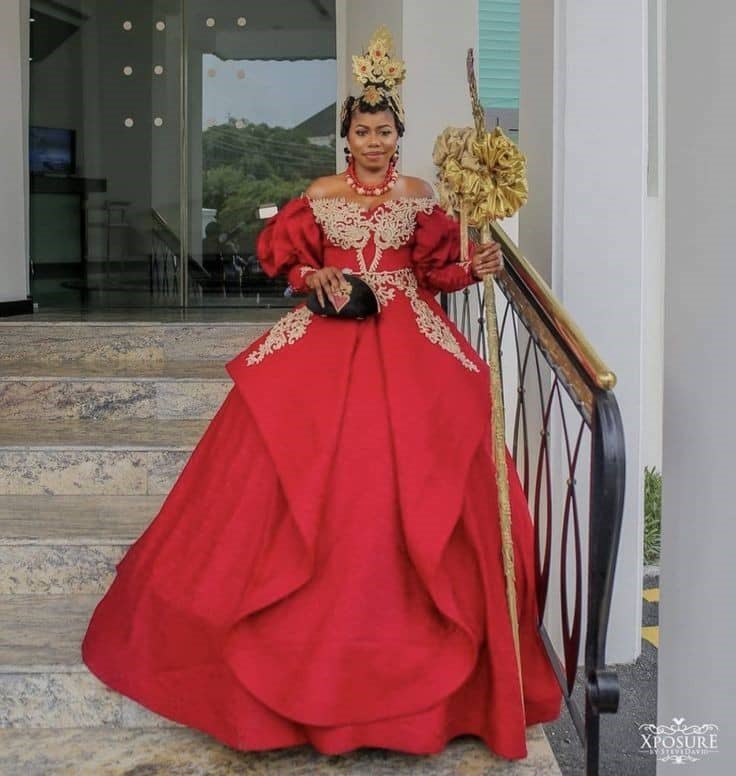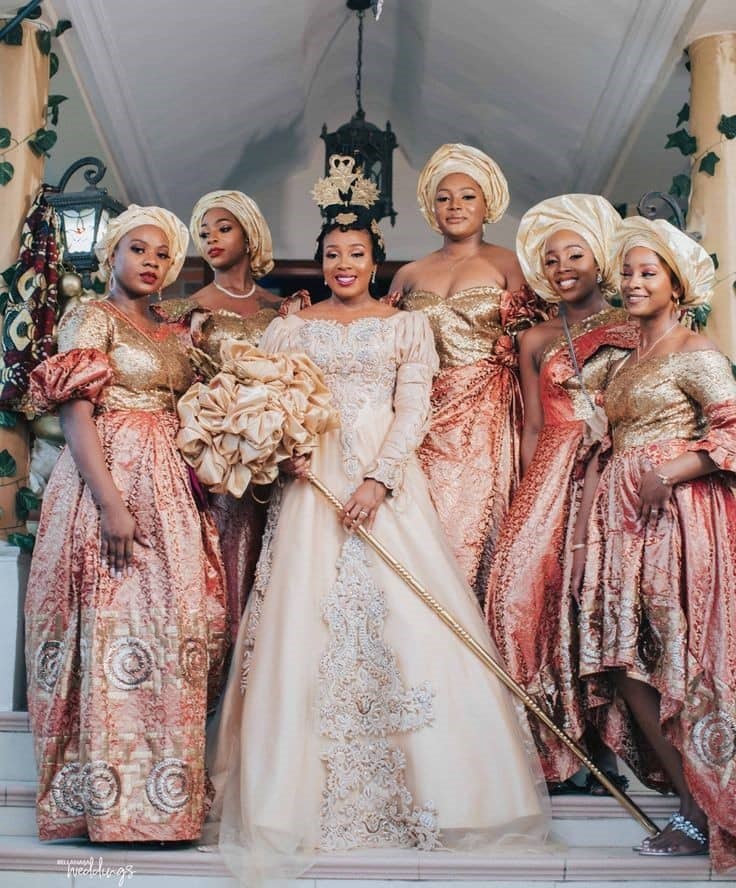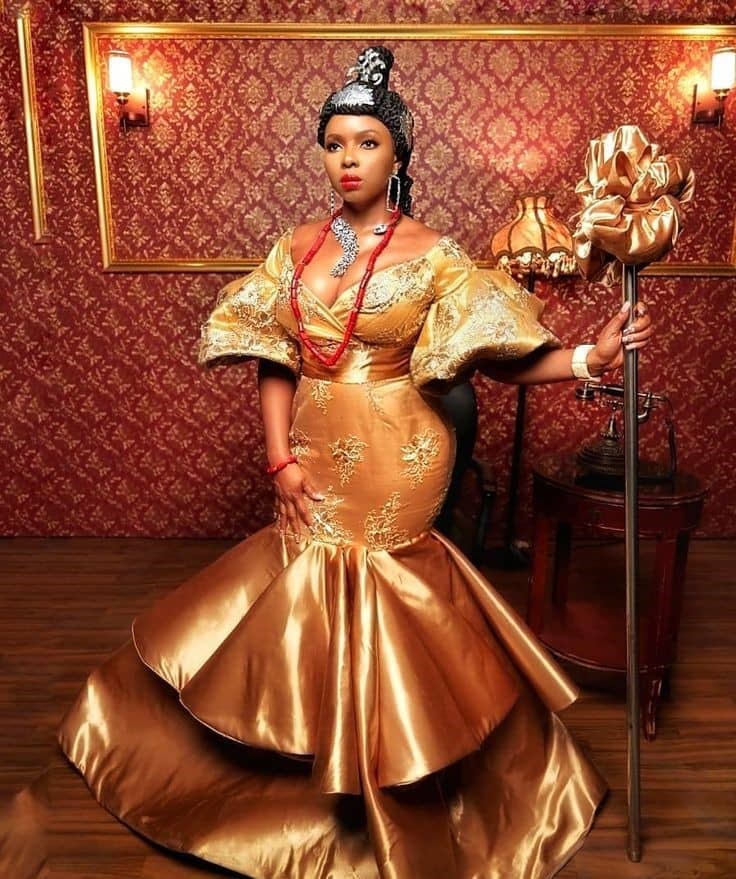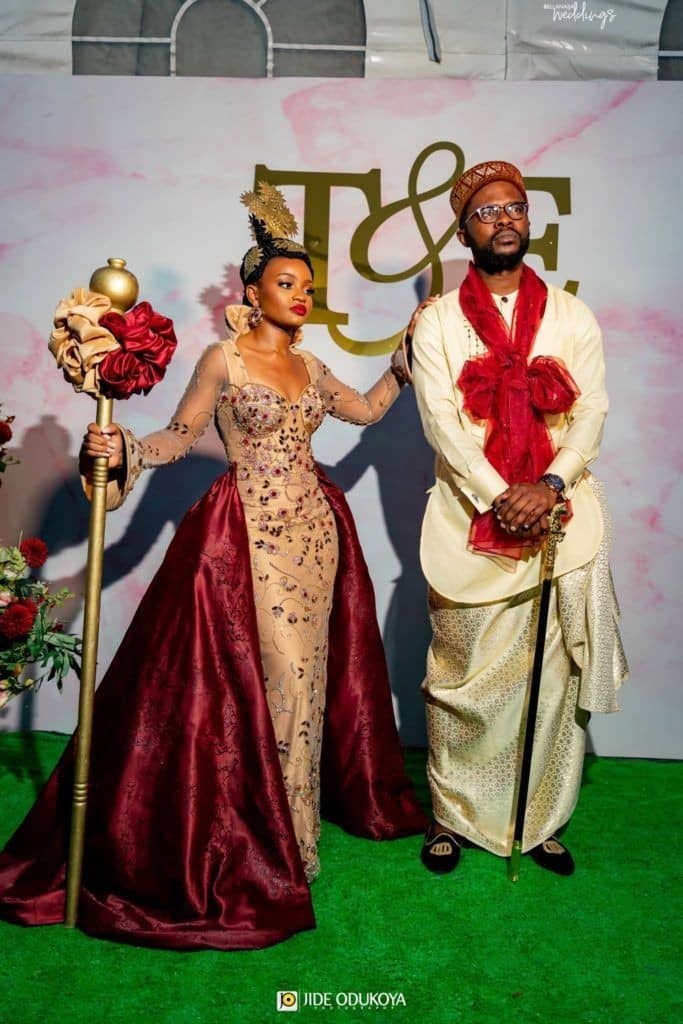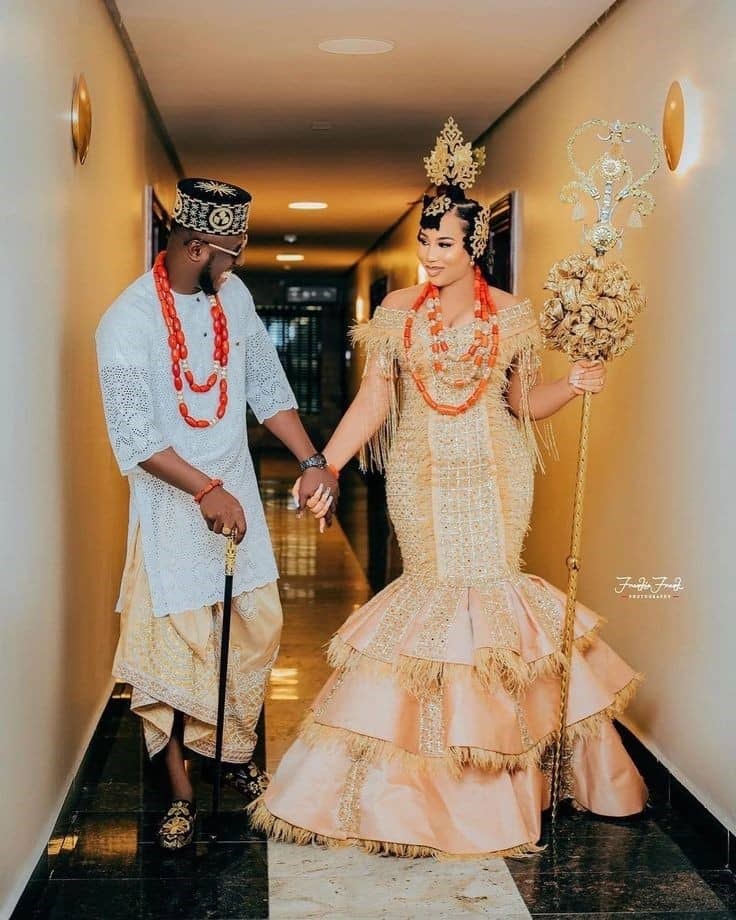THE Ibibio and Efik people of the southern region of Nigeria have a cultural heritage that is both rich and deeply rooted in history. One remarkable aspect of their culture that continues to thrive is their traditional attire.
The traditional attire of the Ibibio and Efik people is a captivating blend of vibrant colours, intricate designs, and cultural symbolism. It serves as more than just clothing; it is a reflection of their identity, history, and values.
The first thing that strikes you about Ibibio and Efik's traditional attire is the striking and bold use of colours. Each colour has a specific meaning and symbolism in their culture. For example, red symbolises life, white represents purity and peace, and black signifies strength and endurance. These colours are meticulously woven into the fabric of their clothing to create visually stunning and meaningful garments.
Traditional attire is often adorned with various symbols and motifs that tell stories of the wearer's heritage and experiences. These symbols are not merely decorative; they hold deep cultural significance. For instance, the "ntam" symbol, which resembles an intricately carved comb, represents beauty and femininity. The "nsibidi" symbols, which are often embroidered onto the clothing, convey messages and hidden meanings, serving as a form of communication among the initiated.
The Ibibio and Efik traditional attire come in a variety of styles, each with its unique purpose and occasion. One of the most recognisable pieces is the "George" wrapper, a large fabric that women drape elegantly around their bodies. It is typically worn on special occasions such as weddings, festivals, and important ceremonies. The men wear the "Isiagu" attire, which consists of a colourful embroidered top and trousers, perfect for cultural events and celebrations.
As we celebrate the beauty and significance of Ibibio and Efik's traditional attire, we also honour the resilience of a culture that continues to thrive in an ever-changing world. These garments are more than just clothing; they are a symbol of pride, identity, and the enduring spirit of a people.
